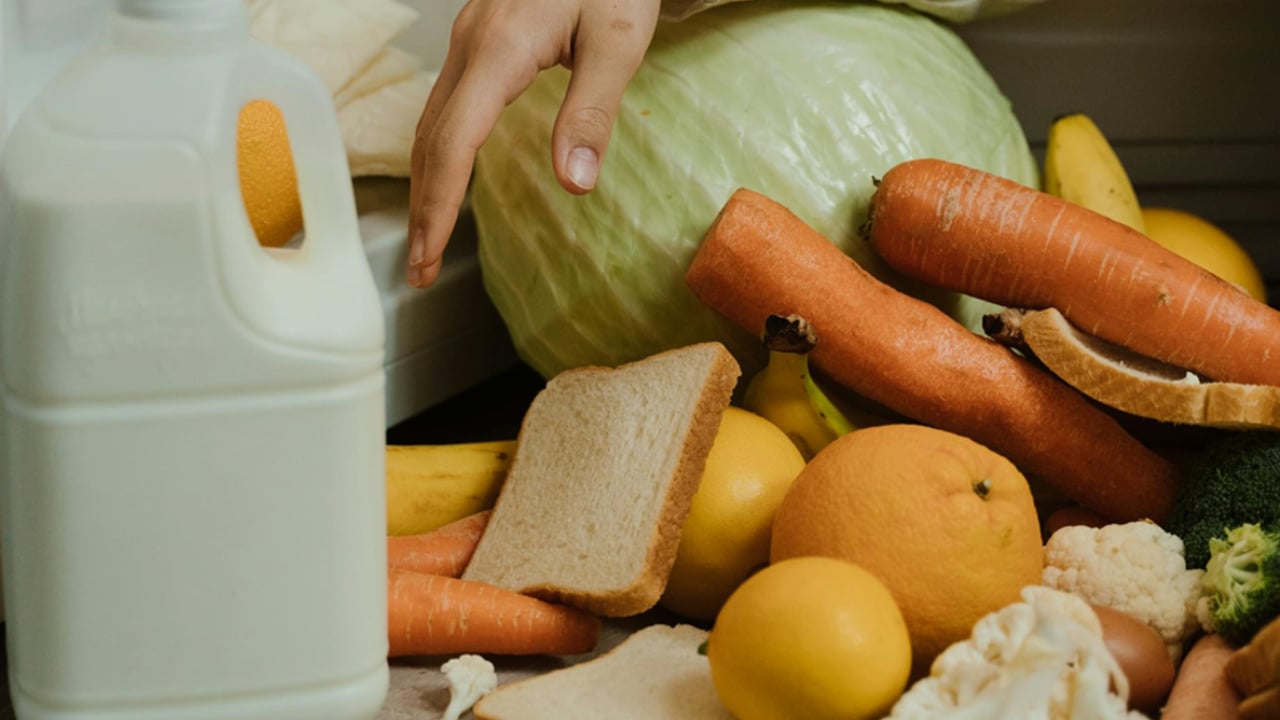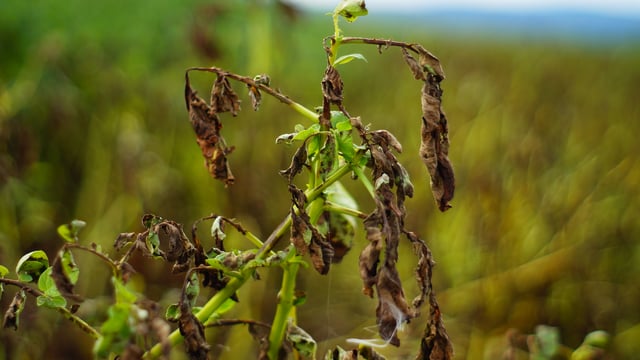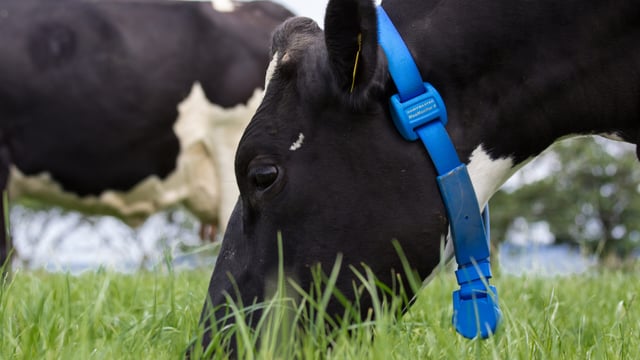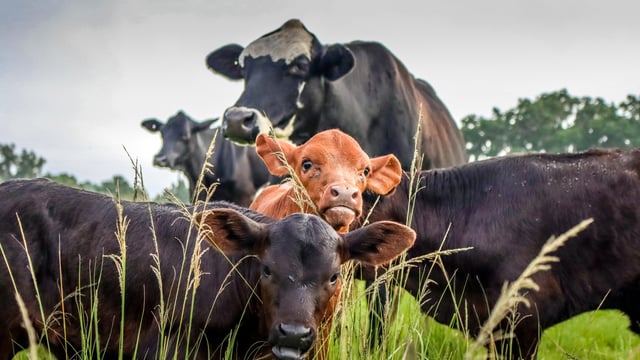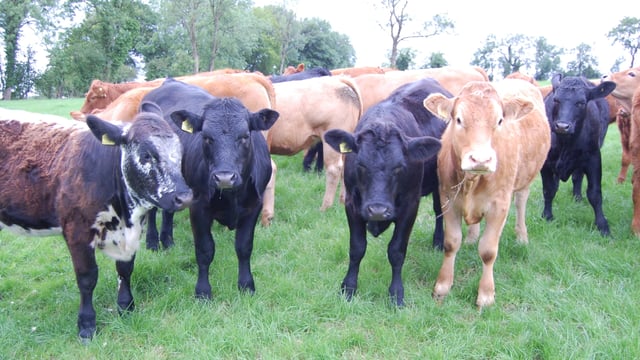Ireland generated 835,000t of food waste in 2023 - EPA
Ireland generated an estimated 835,000t of food waste in 2023, according to the Environmental Protection Agency (EPA).
That represents an 11% increase when compared to the amount of food wasted across the country in 2022.
In 2023, there was 162kg of food waste per person in Ireland, which is higher than the EU average of 132kg of food waste per capita.
Food waste
The EPA said that over 70% of food waste was generated across the food supply chain – from primary production; manufacturing and processing; distribution and retail; restaurants and food services, with the remainder generated by households.
Manufacturing and processing was the sector with the highest level of food waste in 2023 at 305,000t or 37% of the total.
The sector also accounted for the largest annual change with an increase of 33% or 75,000t.
The EPA said that this is attributed to an increase in Category 3 figures supplied by the Renderers Association.
The increase is due to Ireland's recategorisation as negligible bovine spongiform encephalopathy (BSE) risk in 2021.
| Food supply chain sector | Tonnes of food waste | Percentage of total food waste |
|---|---|---|
| Primary Production | 50,000t | 6% |
| Manufacturing and Processing | 305,000t | 37% |
| Retail and Distribution | 84,000t | 10% |
| Restaurants and Food Service | 175,000t | 21% |
| Households | 221,000t | 26% |
| Total | 835,000t | 100% |
Previous Category 1 waste streams (which do not come under the food waste definition) are no longer considered high risk and therefore reclassed to Category 3.
The EPA also noted that the production of biodiesel has also increased.
The data also shows that households accounted for just over a quarter of food waste in 2023 with 221,000t.
While 50,000t of food waste was recorded in the primary production category, representing 6% of the overall total.
EPA
The EPA noted that the cost of food waste to businesses is significant, with over €300 million lost by food service businesses annually.
Businesses who have signed the Food Waste Charter have pledged to take action to measure and take targeted action to reduce their food waste which is a climate action and supports corporate social responsibility.
There are now 79 Food Waste Charter members, including two primary production, 34 manufacturing and processing, six retail and distribution, 31 restaurant and food services and 6 supporting members.
This represents over 69,000 employees across the full food and drink supply chain.
Provisional agreement has been reached on amendments to EU waste legislation which will introduce national binding food waste reduction targets by 2030.
The targets are a 10% reduction in food waste in processing & manufacturing and a 30% (per capita) reduction jointly at retail and consumption (restaurants, food services and households).

